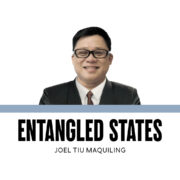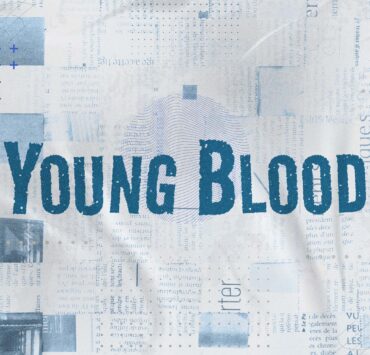Institutionalizing rejection of corruption

Revelations of corrupt practices and the participation of public officials in the systemic plunder of taxpayer money have sparked widespread anger among Filipinos.
Since President Marcos issued his strongly worded exhortation, “Mahiya naman kayo!” during his State of the Nation Address in July, flood control projects across the country have come under scrutiny. Relationships between officials and contractors have been exposed. Investigations have revealed projects that remain unfinished—or worse, never even started—yet are recorded in official documents as completed and cleared.
The anger is not just personal. In a statement released last week, 30 business groups declared their “outrage, disgust, and disappointment [over the acts of some public officials] for their shameful, unabated, continuing, and excessive acts of graft and corruption—a crime against our people, especially those who continue to live in dire poverty.”
These groups demanded thorough investigations by an independent body, “with the aim of prosecuting these corrupt officials, putting them in jail, and recovering the stolen funds.”
The Catholic Bishops’ Conference of the Philippines (CBCP) issued a pastoral letter titled “Beyond Survival: Rising Above the Floods of Corruption.” It raised doubts about the credibility of current investigations, given that some of those implicated are from the same institutions conducting the inquiries.
The letter also underscored entrenched corruption in public works, particularly flood control projects, where up to 60 percent of project funds reportedly go to “commissions,” leaving little for quality construction.
The bishops emphasized that guilt is shared across the ecosystem of corruption. Contractors did not act alone. Legislators, district engineers, government auditors, political patrons, and financiers all played a role. “Blacklisting is not enough,” the CBCP warned. “Collusion in corruption is a crime and must be punished.”
The CBCP also called on the youth, especially those active in the digital space, to use their platforms not just to express outrage, but to promote vigilance.
Meanwhile, in the halls of the upper chamber, the outrage translated into swift political shifts. The election of Senate President Vicente Sotto III and Senate President Pro Tempore Panfilo Lacson, now also chair of the blue ribbon committee, reflects a public demand for leaders who not only uphold integrity but pursue accountability with resolve.
The momentum for reform now extends beyond the Senate. On Thursday, Sept. 11, Mr. Marcos issued Executive Order No. 94, creating the Independent Commission for Infrastructure (ICI)—an ad hoc body tasked with investigating flood control and other infrastructure projects over the last 10 years.
Three individuals with “proven competence, integrity, probity, and independence” will be appointed to the commission: one chair and two members.
Former DPWH secretary Rogelio “Babes” Singson, and SGV and Co. country managing partner Rossana Fajardo were named as two members of the ICI, while Baguio City Mayor Benjamin Magalong was designated special adviser and investigator.
When the ICI completes its work, both public officials and private individuals complicit in wrongdoing must be held accountable under the full force of the law. For the gravity of their betrayal of public trust, they must face appropriate punishment. Only then can a semblance of justice be restored.
But how do we move beyond outrage and begin to build a society that does not reward corruption and collusion—one that simply delivers the public service citizens deserve?
There is no shortage of anticorruption initiatives in government. But these must be institutionalized. They cannot depend on who holds power at a given moment. They must be championed by national leaders and practiced consistently at the most local, grassroots levels.
Transparency and accountability are not catchphrases. They are principles that must guide every action and decision of public officials. Inclusive governance, meanwhile, ensures that citizens, especially the most vulnerable, are seen, heard, and considered in policymaking.
Collective outrage must lead to collective action. Combating corruption demands visible accountability, swift audits, real penalties, and full transparency. Civil society, the youth, and institutions like the Church must take active roles in promoting integrity, rejecting patronage politics, and demanding justice. Only then can we begin to rebuild public trust in governance.
—————-
Dindo Manhit is the founder and CEO of Stratbase Group.

















